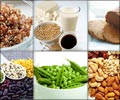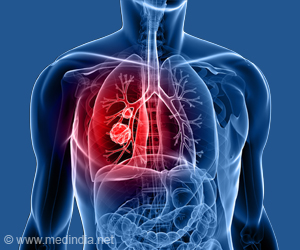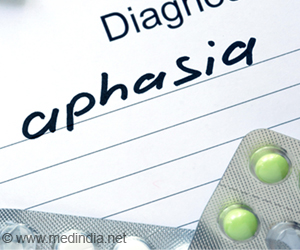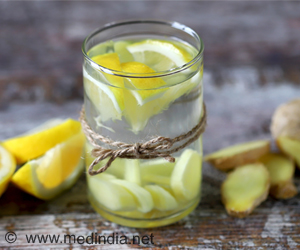Protein contains amino acids which are essential for muscle building, growth and repair so optimizing intake can help in improving muscle mass.
Highlights
- One of the consequences of aging is loss of muscle which can lead to frailty, falls or mobility problems.
- Including protein in the daily diet might be one main remedy to improve muscle mass and strength in the elderly.
- Eating enough protein equally among the three daily meals could be linked to greater mass and muscle strength in the elderly.
How Much Protein Do The Elders Eat Daily?
The research team examined both the amount of protein consumed and its distribution among people aged 67 and over, using one of the most comprehensive cohort studies in Quebec.
Dr. Chevalier and her team collaborated with the Université de Sherbrooke and used the database from the Quebec longitudinal study on nutrition and aging called NuAge (Nutrition as a Determinant of Successful Aging).
RI-MUHC researchers analyzed data from the NuAge cohort, which included nearly 1,800 people who were followed for three years. They reviewed the protein consumption patterns of 827 healthy men and 914 healthy women aged 67 to 84 years, all residents of Quebec, trying to establish links with variables such as strength, muscle mass or mobility.
Participants of both sexes who consumed protein in a balanced way during the day had more muscle strength than those who consumed more during the evening meal and less at breakfast. But, the distribution of protein throughout the day was not associated with their mobility.
All body tissues, including the muscles, are composed of proteins, which consist of amino acids. If the protein intake decreases, the synthesis is not done correctly and this leads to a loss of muscle mass.
"Our research is based on scientific evidence demonstrating that older people need to consume more protein per meal because they need a greater boost of amino acids for protein synthesis," says Dr. Chevalier, adding that one of the essential amino acids known for protein renewal is leucine.
"It would be interesting to look into protein sources and their amino acid composition in future studies to further our observations."
Protein in foods is present in plants as well as animals. In plants, legumes, nuts, certain vegetables and seeds are rich in protein. Meat, poultry, eggs, milk, milk products including curd, cheese, butter, cream are the animal sources of protein.
Reference
- Dr. Stéphanie Chevalier et al., Eating protein three times a day could make our seniors stronger, American Journal of Clinical Nutrition (2017) http://dx.doi.org/10.3945/ajcn.
Source-Medindia














